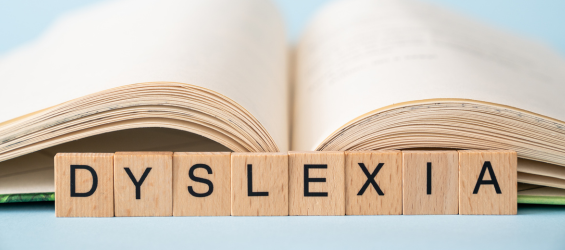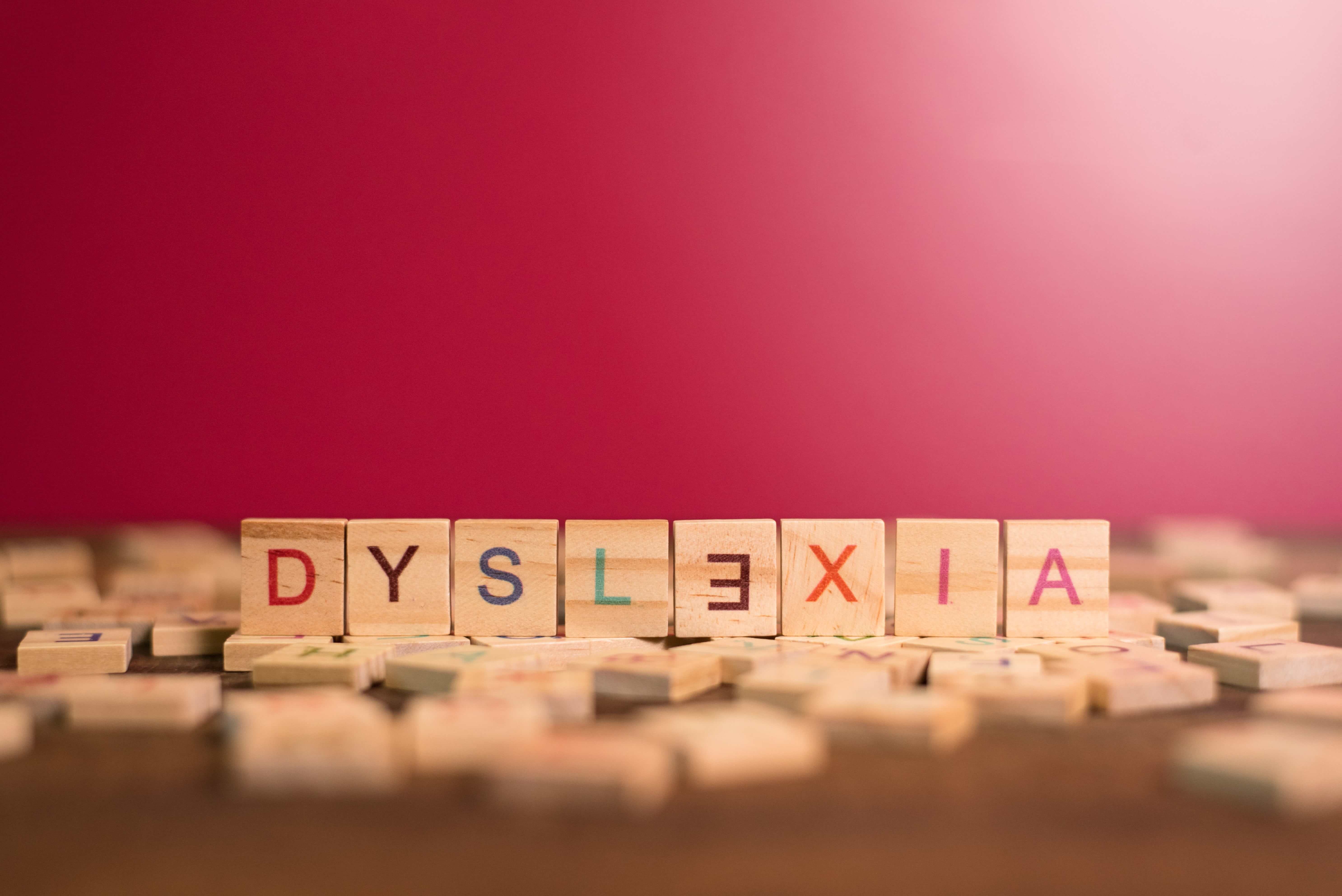Unlocking Literacy Success: How Dyslexia Strengths Can Lead to Lifelong Reading Skills
September 15, 2025
September is National Literacy Month, a time to celebrate the power of reading and writing, and to recognize that literacy isn’t one-size-fits-all. At Dyscoveread, we believe that every student, including those with dyslexia, can become a confident reader and writer with the right tools, strategies, and support.
While dyslexia presents challenges with reading, spelling, and written expression, it also brings unique strengths, strengths that, when nurtured, can actually accelerate literacy growth.
What Is Dyslexia?
Dyslexia is a language-based learning difference that affects the way the brain processes written and spoken language. It’s not about intelligence, it’s about the brain’s wiring. Students with dyslexia often need explicit, structured, multi-sensory instruction to master reading and writing skills.
At Dyscoveread, our team of Certified Academic Language Therapists (CALTs) and educators use evidence-based curricula, including Take Flight, MTA, Alphabetic Phonics, Reading by Design, BUILD, and TURBO, to meet students exactly where they are and guide them toward success.

Dyslexia Strengths That Boost Literacy
Contrary to common misconceptions, dyslexia doesn’t mean a student can’t excel academically. In fact, many people with dyslexia have cognitive strengths that support learning when paired with the right reading intervention.
1. Creative Problem-Solving
Students with dyslexia often think outside the box and approach challenges from new angles. This skill can help them master reading strategies more creatively.
2. Strong Oral Storytelling Skills
While decoding text may be challenging, many students with dyslexia excel in verbal expression, building rich vocabularies that strengthen reading comprehension once decoding improves.
3. Visual-Spatial Thinking
This skill supports comprehension of diagrams, maps, and charts, critical for reading in science, math, and other subjects.
Why Early Intervention Matters
Research shows that the earlier dyslexia is identified, the greater the long-term reading success. Our dyslexia assessments provide clear insights into a student’s strengths and challenges, guiding a personalized therapy plan.
In many cases, parents notice signs such as:
- Difficulty with letter-sound relationships
- Trouble remembering sight words
- Avoidance of reading or writing tasks
When these signs appear, early evaluation is key.
How Dyscoveread Supports Students and Families
We don’t just provide therapy, we empower the whole learning community.
- For Students: One-on-one or small-group therapy sessions using multi-sensory, structured language instruction.
- For Parents: Guidance on supporting reading at home and advocating for services in schools.
- For Educators:CALT/CALP certification training, exam prep, and seminars to bring dyslexia best practices to classrooms.
- For Schools: Forensic file review, campus seminars, and program evaluations to ensure students receive the services they deserve.
3 At-Home Tips to Support Literacy
- Read Aloud Together Daily – Shared reading builds comprehension and fluency.
- Use Multi-Sensory Techniques – Trace letters in sand, use magnetic letters, or write in shaving cream for tactile learning.
- Celebrate Progress – Recognize small wins to boost confidence and motivation.
Success Story: From Struggling Reader to Confident Learner
One of our students came to Dyscoveread in middle school reading below grade level. With targeted intervention, multi-sensory techniques, and strong family support, she not only closed her reading gap but also developed a love for literature. Today, she’s thriving in college—proof that with the right instruction, dyslexia doesn’t define a student’s potential.
Ready to Unlock Your Child’s Literacy Potential?
This National Literacy Month, let’s work together to ensure every child has the opportunity to become a confident reader. Dyslexia may change the path to literacy, but with the right approach, it can also be a source of remarkable strength.
Contact Dyscoveread today to schedule a dyslexia assessment or learn more about our therapy programs.
Book a Consultation → https://www.dyscoveread.com/contact.html
The Dyscoveread Team





